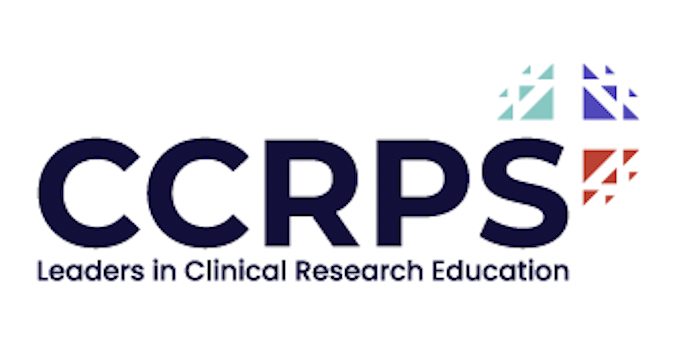Misconceptions People Have About Working in Clinical Trials
The Power of Clinical Trials: A Gateway to Medical Breakthroughs
In the ever-evolving landscape of healthcare, clinical trials stand as a cornerstone of progress. These meticulously designed studies evaluate the safety and effectiveness of new medical interventions, paving the way for groundbreaking treatments that were once unimaginable.
But what exactly are clinical trials, and why are they crucial for medical advancement? This blog post delves into the world of clinical trials, dispelling common myths and highlighting the significant role they play in shaping the future of medicine.
The Importance of Clinical Research Associates (CRAs):
Often referred to as the guardians of the research process, Clinical Research Associates (CRAs) meticulously monitor every step of a clinical trial. Their role encompasses ensuring participant safety, data accuracy, and adherence to strict protocols. Aspiring CRAs can learn more through this CRA course.
Benefits of Participating in a Clinical Trial:
Access to Cutting-Edge Treatments: Clinical trials offer the opportunity to receive potentially life-saving interventions before they become widely available. Interested in coordinating such trials? Consider the Clinical Research Coordinator course.
Superior Care and Monitoring: Participants benefit from close supervision by medical professionals throughout the trial duration. Those looking to support these functions can check out the Clinical Trials Assistant Training.
Contributing to Medical Knowledge: The data collected from clinical trials is instrumental in advancing medical understanding and improving patient care for generations to come.
Debunking Common Misconceptions:
Myth: Placebo is Used Extensively in Trials. While placebos may be used in some trials, participants are always fully informed about the possibility of receiving a placebo beforehand.
Myth: Clinical Trials are a Last Resort. Contrary to this belief, participation in a clinical trial can be a proactive approach to managing a health condition and gaining access to potentially superior treatments.
Myth: Time Commitment is Excessive. The time commitment for trials varies, and efforts are made to minimize inconvenience for participants, including transportation assistance and comprehensive support.
Myth: Researchers Withhold Information. Transparency is paramount in clinical research. All trial results, positive or negative, are published for the betterment of medical knowledge. In the United States, public access to trial information is ensured through ClinicalTrials.gov.
Safeguarding Participant Well-being:
Rigorous regulations and meticulous oversight guarantee the safety and well-being of participants in clinical trials. Stringent protocols and multi-layered checks and verifications are implemented to minimize risks and ensure ethical conduct throughout the research process. Explore more about these regulations with the ICH-GCP course.
Advanced Roles in Clinical Trials:
For those interested in advanced roles such as managing complex clinical research projects, consider the Advanced Clinical Research Project Manager Certification.
Physicians aiming to lead clinical trials can benefit from the Advanced Principal Investigator Physician Certification.
Additionally, the Medical Monitor Certification offers insights into overseeing the safety aspects of clinical research.
The Future of Medical Progress:
Clinical trials are the driving force behind medical innovation. By fostering collaboration between researchers, healthcare professionals, and patients, these studies pave the way for a healthier future for all.
Are you interested in learning more about clinical trials or finding one that might be a good fit for you? Numerous resources are available online, including ClinicalTrials.gov. Embrace the opportunity to be a part of medical progress. Consider participating in a clinical trial and contribute to shaping a healthier tomorrow!
References:
Henderson GE, Churchill LR, Davis AM, Easter MM, Grady C, Joffe S, Kass N, King NM, Lidz CW, Miller FG, Nelson DK, Peppercorn J, Rothschild BB, Sankar P, Wilfond BS, Zimmer CR. Clinical trials and medical care: defining the therapeutic misconception. PLoS Med. 2007 Nov 27;4(11):e324. doi: 10.1371/journal.pmed.0040324. PMID: 18044980; PMCID: PMC2082641.
Lawrence DJ. The therapeutic misconception: not just for patients. J Can Chiropr Assoc. 2008 Aug;52(3):139-42. PMID: 18769564; PMCID: PMC2528258.
Lidz CW, Albert K, Appelbaum P, Dunn LB, Overton E, Pivovarova E. Why is therapeutic misconception so prevalent? Camb Q Healthc Ethics. 2015 Apr;24(2):231-41. doi: 10.1017/S096318011400053X. PMID: 25719358; PMCID: PMC9067606.


